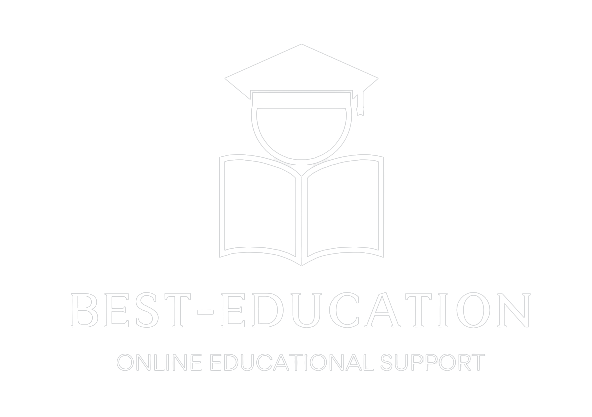Librarians may help an institution stay organized and provide a variety of additional services. Continue reading to discover more about a librarian’s tasks and responsibilities, areas of specialization, credentials, and other vital information that can assist you in hiring your own librarian. What is the role of a librarian? A librarian is in charge of supervising the everyday operations of a public or private library. They can work in schools, religious institutions, or government-run research libraries and institutes. Librarians are also vital in assisting clients in locating the information they want. In person or over the phone, they frequently give reference services. Librarians may also be responsible with creating new programs and initiatives to better represent their area.
A librarian’s job description and duties
Librarians have a wide range of tasks. According to studentscholarships.org, below are some examples of potential tasks and responsibilities for a librarian:
- Provide library patrons with customer assistance.
- Help library patrons check out books by making recommendations for new books to try.
- Maintain a budget for repairing, replacing, or purchasing new reading materials.
- Supervise a group of assistant librarians and library assistants.
- To maintain a productive work environment, assign duties to employees.
- Create an online database for members and employees to use. Catalog new inventory and update the database.
- Create educational and entertaining programmes for children and adults.
- To add to the library, do some research on new reading trends and popular genres.
- Book supply businesses should be contacted to order new inventory.

Qualifications and criteria for librarians
Depending on where they work, librarians may have different needs. A librarian should have the following basic qualities.
A bachelor’s degree is required.
A four-year bachelor’s degree in library science or a related field such as English, history, or sociology is often required of librarians. Librarians can also earn degrees in the fields in which they choose to specialise.A pre-law degree, for example, might lead to work at a law library after finishing a master’s degree.
Certification or licensing requirements
The sort of librarian employment undertaken may need licensure and certification. Academic libraries, for example, must qualify for and receive state licensure.
Work experience that’s relevant
Many students obtain job experience at a library or research centre while pursuing their bachelor’s and master’s degrees. Some students may find work as a research assistant or as an assistant at their college or university library.

